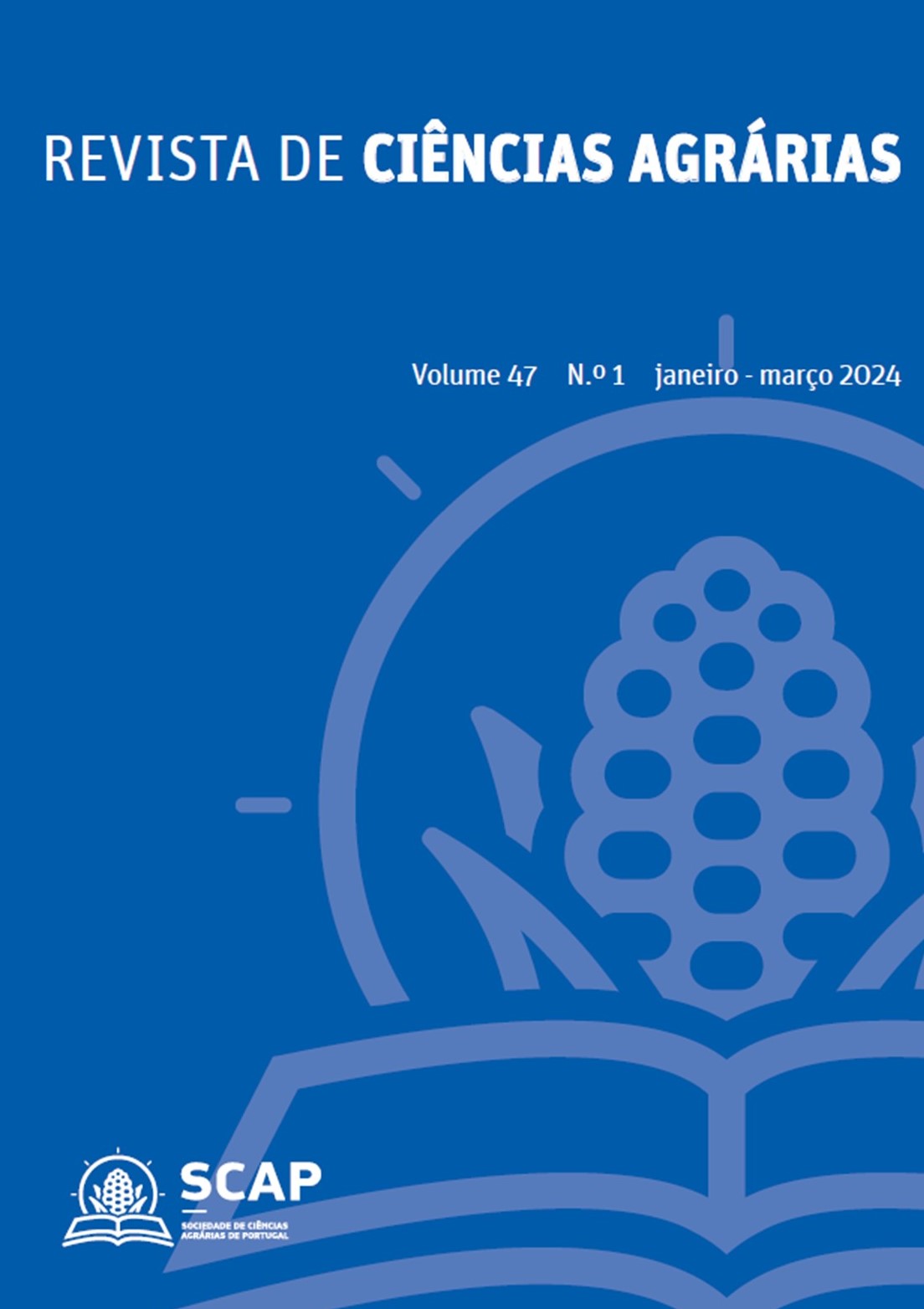Alterations in the hormonal system induced by amino acid synthesis-inhibiting herbicides in Amaranthus palmeri
DOI:
https://doi.org/10.19084/rca.34979Abstract
Glyphosate and acetolactate synthase (ALS) inhibitors, amino acid synthesis inhibiting herbicides, share several common physiological effects in their mode of action. Nevertheless, hormonal signalling induced by these herbicide groups has not been studied. Aiming at comparing the hormonal signalling induced by glyphosate and by the ALS inhibitors, and knowing the influence of the target-site resistance to both groups of herbicides on the hormonal response to these herbicides, the content of different hormones has been analysed by ultra-performance liquid chromatography in four Amaranthus palmeri populations (glyphosate-sensitive, glyphosate-resistant, ALS-inhibitor sensitive, and ALS-inhibitor resistant) treated with different doses of glyphosate or the ALS inhibitor nicosulfuron. Results showed different hormonal responses to both herbicides. In the case of glyphosate, abscisic acid synthesis was induced in both sensitive and resistant plants. This hormone is linked to the response to abiotic stress, and is related with growth arrest. This result evidences that, even though herbicide doses were not lethal in resistant plants, they suffered a mild stress. On the other hand, nicosulfuron induced gibberellins and auxins, growth-promoting hormones, in sensitive plants. In summary, despite the similarity in the mode of action of both herbicides, there is a clear disparity in the hormonal signalling they induce.


